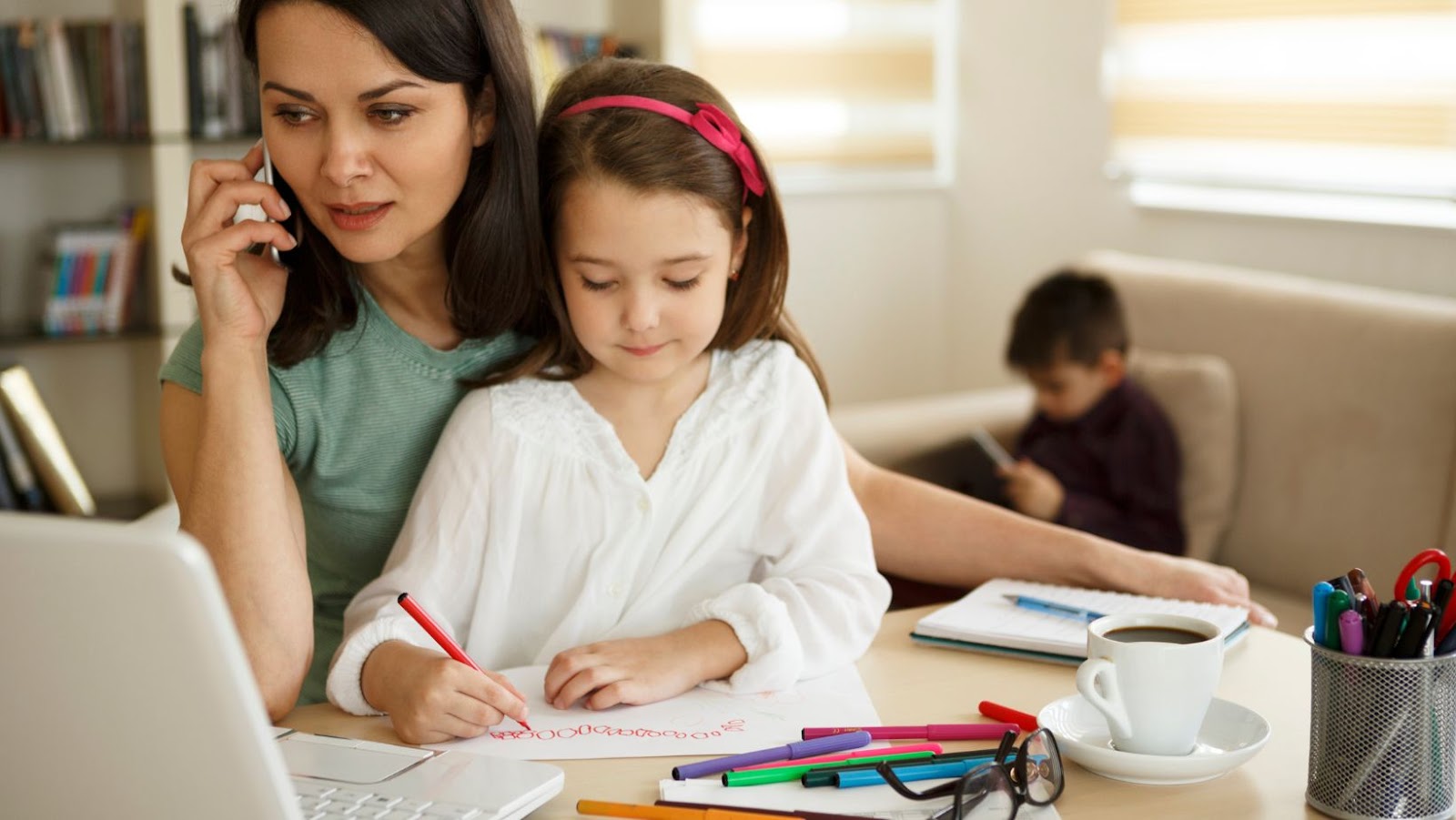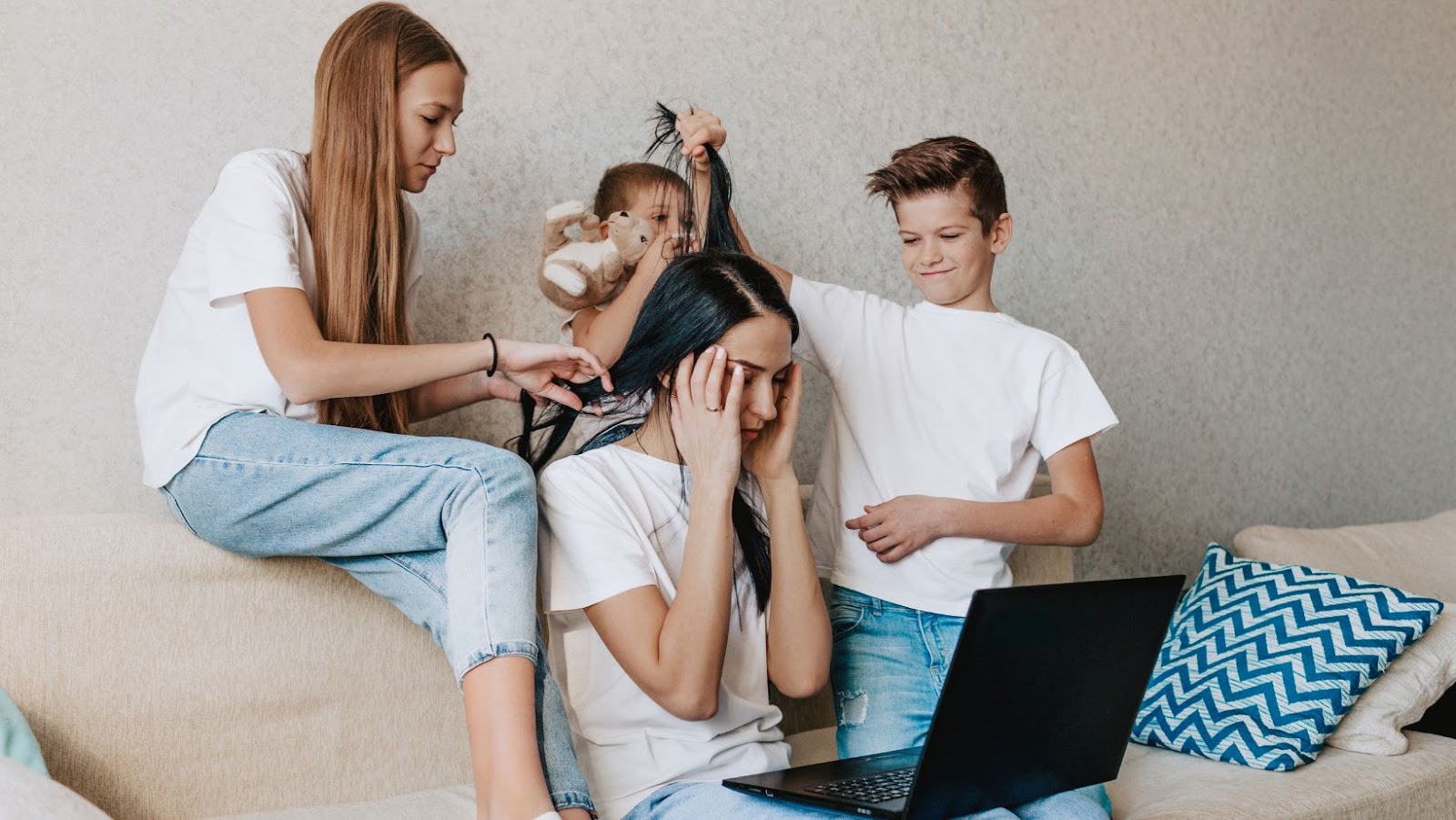In today’s society, the concept of family has evolved significantly. Single parenting households are becoming increasingly common, challenging the traditional notion of a “nuclear family” consisting of two parents and their children. As an expert, I have researched and analysed the issue of single parenting vs two parent families from a variety of angles to provide insights into the pros and cons of each.
Single parenting can be a challenging experience, both emotionally and financially. One person must take on all the responsibilities of raising a child, from providing for their basic needs to nurturing them through emotional difficulties. On the other hand, two parent families may offer a better support system and a healthier environment for children to thrive in. Having two parents to share the workload can alleviate stress and create a more stable environment for children.
At the same time, single parenting households have their own set of advantages, such as greater flexibility in decision-making and creating a close bond between parent and child. Moreover, single parent families can experience much-needed assistance through social programs specially designed to provide support and resources to single parents.
Ultimately, the choice between single parenting vs two parent families is personal, and should be made considering individual circumstances and preferences. It may be helpful to weigh the options, take into account each parent’s capabilities and needs, and prioritise the welfare of the children in making a decision.

Pros and Cons of Single-Parent Families
When it comes to parenting, both single parents and two-parent families have their own advantages and disadvantages. Here are some pros and cons to consider regarding single-parent families.
Pros of Single-Parent Families
- Strong bond with children: Single parents typically spend more time with their children, which can lead to a closer bond.
- Flexible schedule: Single parents can create a schedule that works for them and their children, without having to consider the other parent’s schedule.
- Sole decision-making power: Single parents have the final say in decisions that affect their children, without having to consult with another parent.
- Close-knit family unit: Without another parent or siblings in the home, single-parent families may develop a stronger sense of unity.
- Teaches independence: Children in single-parent families may learn to be more self-sufficient, which can prepare them for adulthood.
Cons of Single-Parent Families
- Financial strain: Single parents are often solely responsible for finances, which can be a challenge, especially if the parent is the sole breadwinner.
- Limited support: Single parents may have limited resources and support available, which can lead to feelings of isolation.
- Role overload: Single parents have to juggle all aspects of parenting, from emotional support to household chores, which can be overwhelming.
- Less time for self-care: Single parents may have less time for themselves, as they are often focused on the needs of their children.
- Can add stress to children: Children may feel like they have to take on more responsibility or worry about the well-being of their single parent.
As with any parenting situation, there are pros and cons to both single-parent families and two-parent families. Ultimately, it’s up to the individual and their unique circumstances to determine what is best for themselves and their children.

Benefits and Challenges of Two-Parent Households
As a parenting expert, I believe that two-parent households come with both benefits and challenges. Let’s take a closer look at each of them.
Benefits of Two-Parent Households
- Shared Responsibilities: One obvious advantage of having two parents is that they can share the responsibilities that come with raising a child. This means having another person to help with homework, take care of the kids when one parent is busy, or just provide emotional support to each other.
- Support System: Having a partner in parenting also means having someone to offer guidance and encouragement during tough times. This support system can help keep parents motivated and provide a better environment for children.
- Financial Security: Two-parent households are often in a better financial position because both parents can contribute to the household income. This can lead to a more stable financial situation and a better quality of life for the family.
Challenges of Two-Parent Households
- Conflict Resolution: With two parents, there is bound to be conflict at times. Whether it’s about parenting styles or financial decisions, it’s important for both parents to be able to communicate effectively and come to a resolution that works for everyone.
- Balancing Roles: In a two-parent household, it’s important for both parents to work together to find a balance between work, parenting, and personal time. This can be difficult, especially when there are competing demands on their time.
- Communication: As with any relationship, communication is key in a two-parent household. Parents need to be able to share their thoughts and feelings openly and honestly with each other in order to create a supportive environment for their children.
In conclusion, while there are some challenges that come with having two parents, the benefits generally outweigh the drawbacks. Two-parent households provide a more stable, supportive, and financially secure environment for raising children.

Factors to Consider When Choosing Between Single Parenting and Two-Parent Families
As a single parent or a couple who is considering starting a family, there are many factors to consider before deciding whether to raise a child alone or with a partner. Here are some vital factors to consider when choosing between single parenting vs. two-parent families.
- Financial Stability: Raising a child is expensive, and having a second parent may provide more financial security, especially when it comes to costs like food, shelter, and education. However, a single parent can also provide a secure environment with careful financial planning and budgeting.
- Emotional Support: Two-parent families may provide more emotional support for the child and each other. Single parents may need to rely on outside support systems, like grandparents, childcare providers, or support groups, to help meet the emotional needs of their children.
- Time Management: Raising a child is time-consuming, and a single parent may struggle to balance work, child-rearing, and personal time. Two-parent families may divide responsibilities, making it easier to manage time. However, both single parents and couples can find ways to balance and prioritise their time with careful planning and organisation.
- Relationship Dynamics: Parenting can put a strain on relationships, whether between two parents or a single parent and their child. It’s essential to consider your relationship dynamics and support systems before deciding on single parenting vs. two-parent families.
Ultimately, the decision to choose single parenting or two-parent families is a personal one that depends on individual circumstances and preferences. While there are benefits and challenges to both approaches, what matters most is creating a safe and supportive environment where children can grow and thrive.

